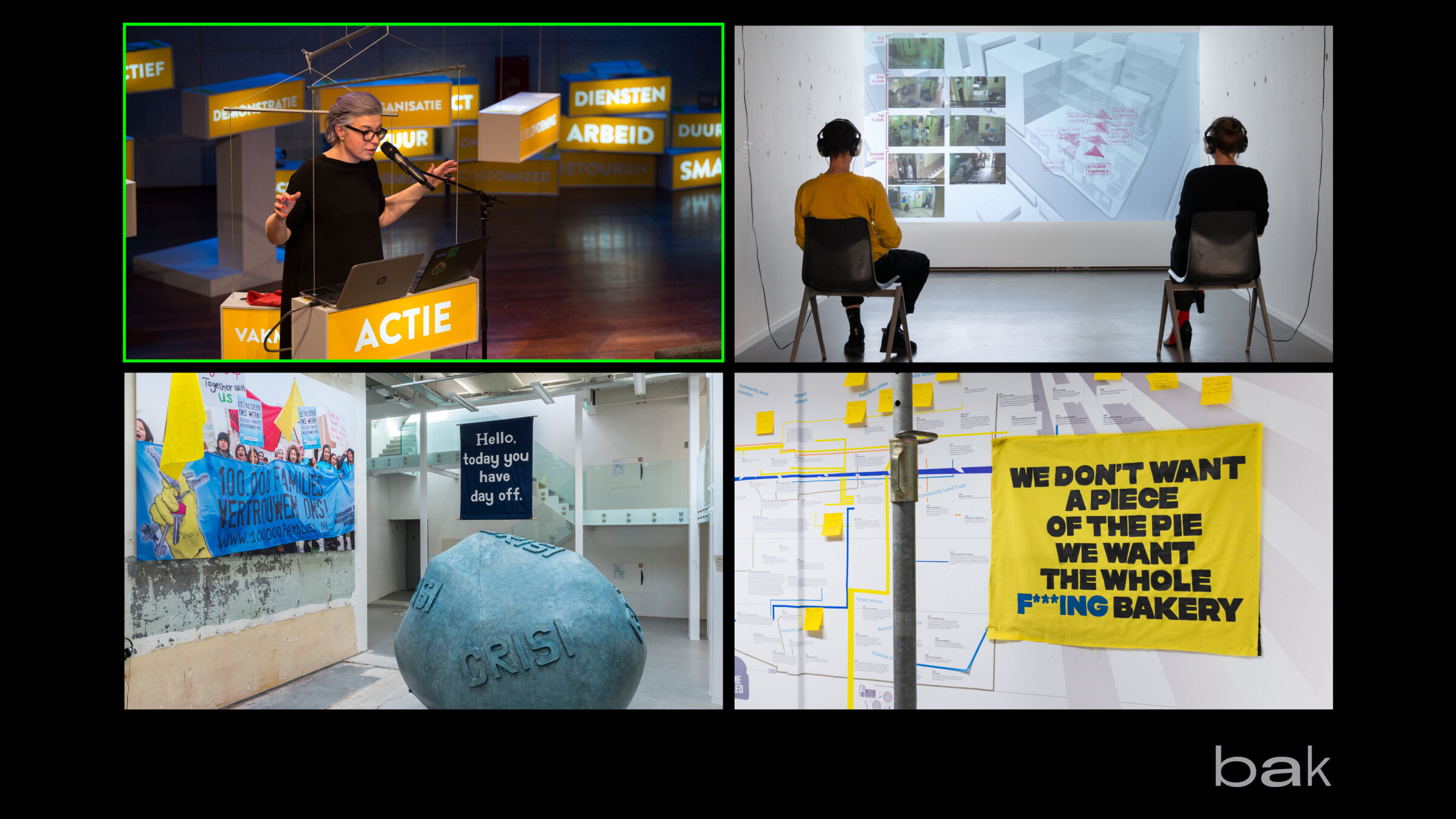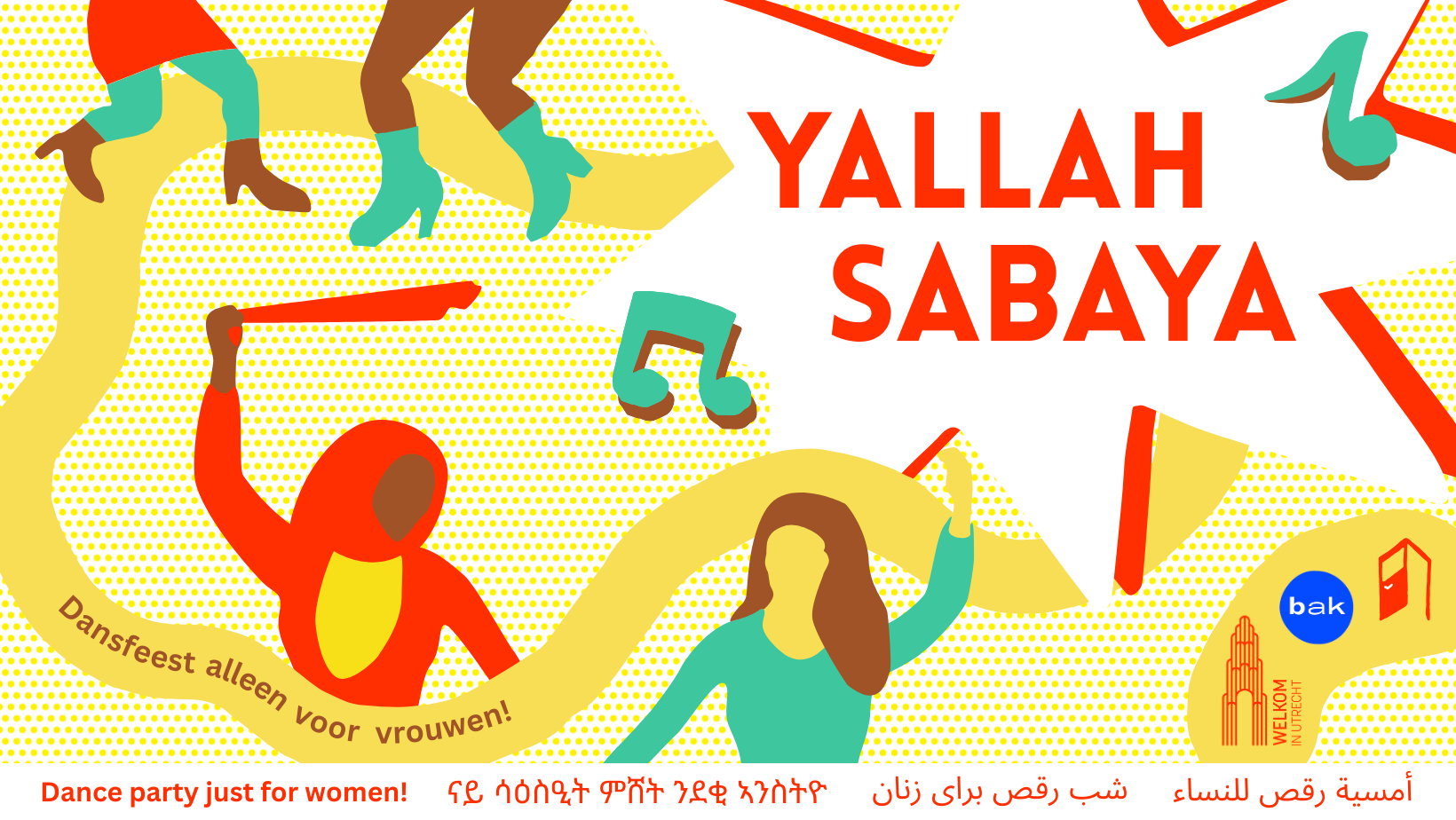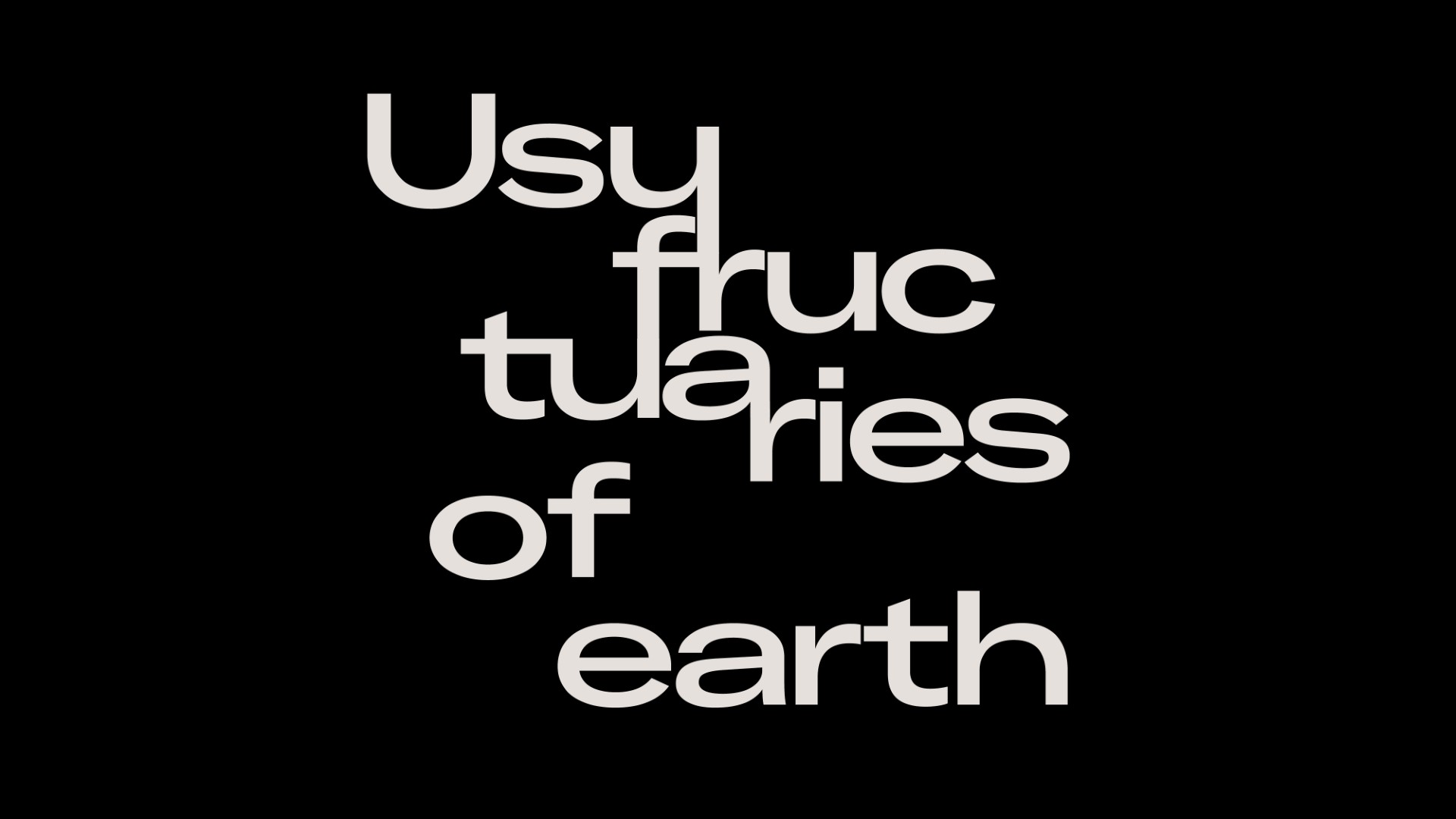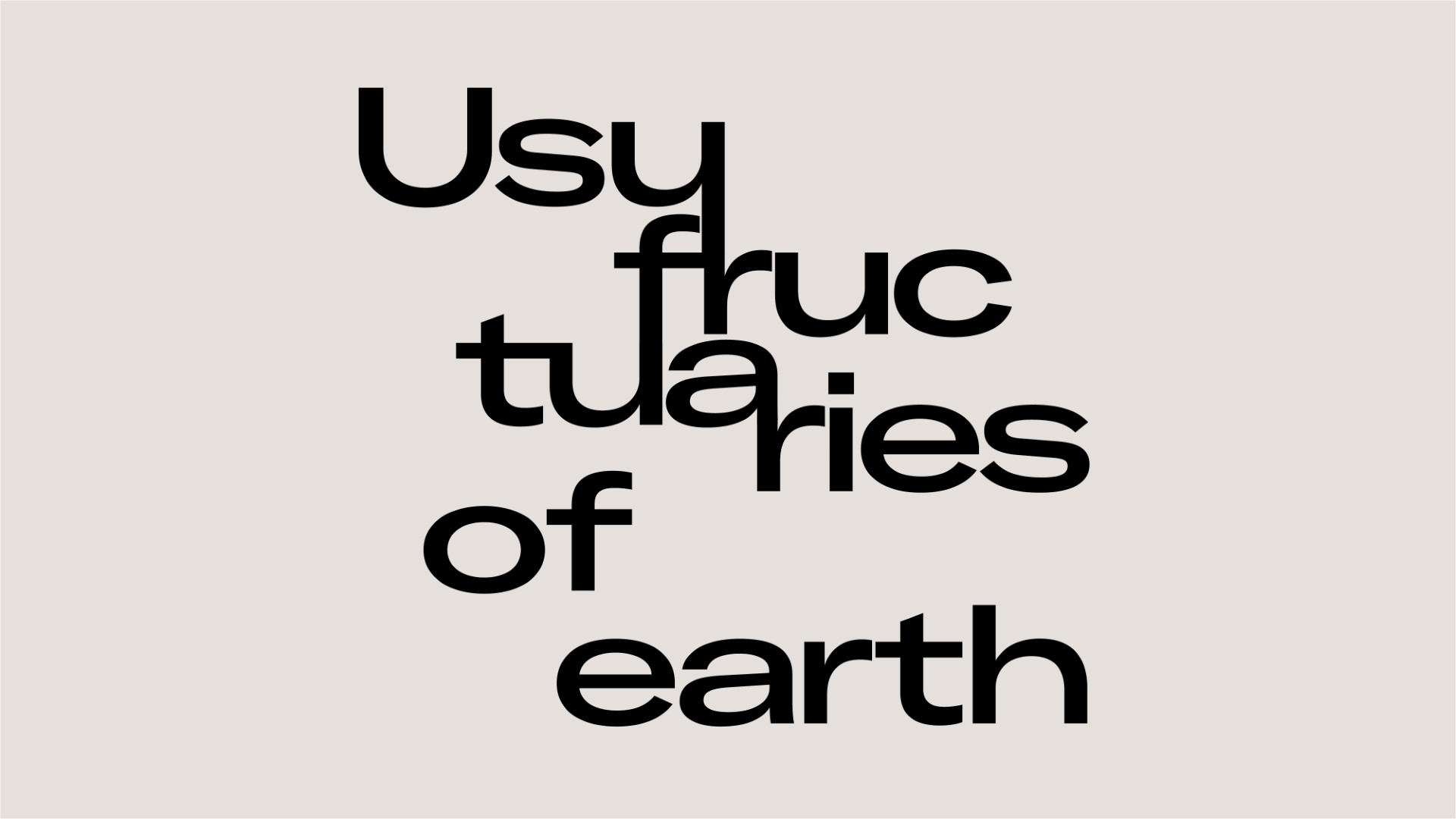Course: Art as Politics [Open Call closed]
An Online Extension of BAK Public Studies

Design by Sean van den Steenhoven*
Update 21 May 2020: Open Call now closed
The open call for the online course Art as Politics has garnered an overwhelming amount of applications in its first week—we are happy to note that the course appeals to so many! Unfortunately this also means we have to close the call for applications early. As of now (21 May 2020, 18.00 hrs CET) we are no longer accepting new applications for this course. Those who already applied, for the regular positions as well as the fee waiver spots, will be contacted with our decision as soon as possible.
For those who missed out, not to worry—we will soon announce new dates for a second edition of the same online Art as Politics course, scheduled to take place end of June/July 2020, as well as other upcoming online courses within BAK Public Studies. Keep an eye on our website, social media, and newsletter!
—-
The sessions take place on the following Mondays and Thursdays, 19–21 hrs, via Zoom: 8, 11, 15, 18, 22, and 25 June 2020 CET
BAK Public Studies offers the new online course Art as Politics. This digital extension of BAK Public Studies is prompted by the urgency to continue collective thinking through, learning about, and imagining critical, politically-informed artistic practices that grasp—and intervene into—the present. The course brings those involved and/or interested in art, theory, and social action into collective conversation with a focus on: the changing nature of artistic practices in the face of multiple and entwined crises, critical redefinitions of “publics,” institutional structuring, and art as envisioning and actualizing politics of “being together otherwise” in—and in spite of—the impending and prolonged future of the “1,5-meter society.”[1]
Over six sessions, the participants engage in an in-depth analysis of concrete works of art and projects from within the BAK archive of practice, focusing on the historical period starting with the pivotal year 1989. The case studies and examples of artworks are mainly from BAK’s renowned international projects Propositions for Non-Fascist Living (2017–ongoing), Former West (2008–2016), and Future Vocabularies (2013–2016), and include works by artists such as Tania Bruguera, Matthijs de Bruijne, Forensic Architecture, Jeanne van Heeswijk, Aernout Mik, Rabih Mroué, Christoph Schlingensief, Jonas Staal, Hito Steyerl, and others. The course takes a broad view on artistic production, institutions, and publics, and attempts to build a critical vocabulary through which to reshape understanding and practice of art in the face of present global challenges.
The course is taught by Maria Hlavajova, BAK’s general and artistic director.
Participating in the course is open to all concerned with the question as to what art can do in times like ours. Prior knowledge or experience in the subject matter is not required.
Practical information
Deadline for Applications: 31 May 2020 (closed early on 21 May 2020 due to high volume of applications)
Deadline for Fee Waiver Applications: 21 May 2020
Dates: Mondays and Thursdays on 8, 11, 15, 18, 22, and 25 June 2020
Time: 19–21 hrs CET
Location: Online via Zoom
Language: English
Fee: € 175 (individuals, incl. VAT) and € 300 (institutions, incl. VAT), to be paid before the start of the course. Participants are welcome to pay a larger fee in case they are willing and able to do so; BAK will match these additional funds and offer additional fee waivers to those unable to afford the course fee.
Fee waiver: BAK offers three scholarship positions, for which the participation fee will be waived. These are meant for those who would otherwise be unable to join the course. Please indicate as such in your motivation letter that you are applying for a scholarship. The deadline for applying for a scholarship is 21 May 2020.
Study material (reader): optional – € 15 excluding shipping costs, other reading material is included in the course fee and will be made available digitally
Click here to view the terms and conditions.
BAK Public Studies
BAK Public Studies offer critical insights into theoretical foundations and concrete actualizations of art as public practice. Understanding art in relation to both theory and social action, BAK Public Studies form a space for collective thinking, imagining, and acting in parallel to BAK’s politically-driven and theoretically-informed research, discourse, exhibitions, and publications.
[1] With this term, Dutch government refers to the current and forthcoming era of pandemics as one defined by “social distancing” rules.
—
* Credits image, l.–r. (all photographs taken at BAK, basis voor actuele kunst, Utrecht by Tom Janssen)
– Maria Hlavajova speaks during Propositions #10: Instituting Otherwise, 7 December 2019
– Forensic Architecture, M2 Hospital Bombing, 2017, installation view exhibition Forensic Justice
– Matthijs de Bruijne: Compromiso Político, installation view with works by Matthijs de Bruijne, Jeremy Deller, and Piero Gilardi, 2018
– Homebaked Community Land Trust (CLT), Homebaked Co-operative Bakery, and Homegrown Collective in collaboration with Britt Jürgensen, URBED, and Jeanne van Heeswijk, Brick by Brick and Loaf by Loaf We Build Ourselves, 2019, installation view Trainings for the Not-Yet



